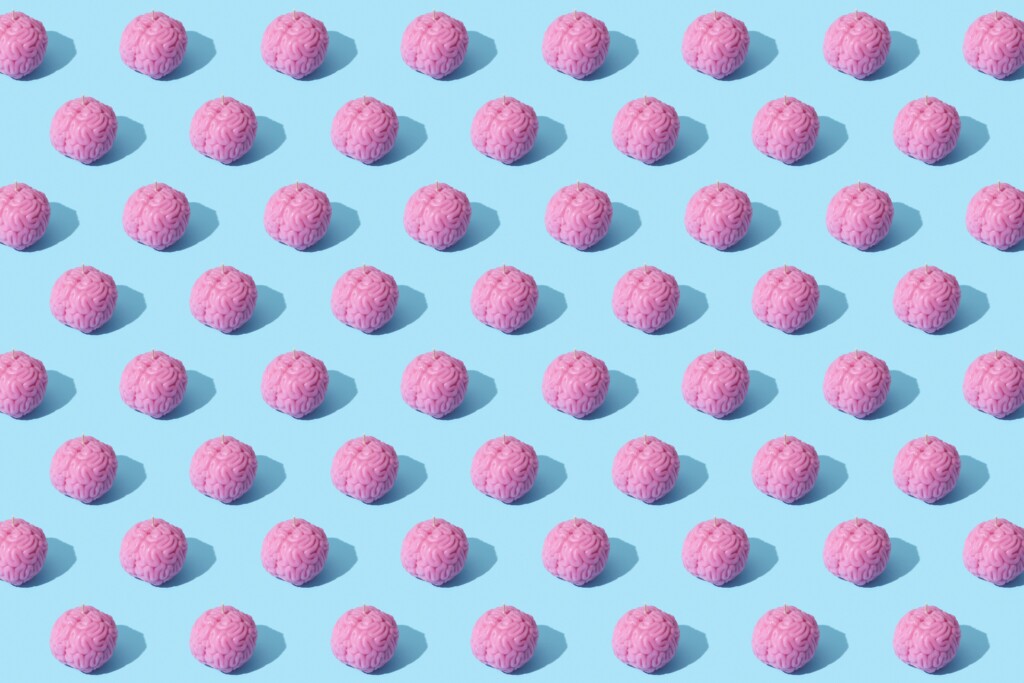
Most people’s brains are naturally hard-wired to seek out rewards. Who doesn’t want to get something for their efforts? That’s a big reason we go after promotions in the workplace or commit to eating right and exercising to lose weight. Teens’ decision-making skills are impacted by the brain’s reward systems.
When teenagers anticipate some kind of reward, the pleasure center of their brain “ignites” more than it does in adults. That’s because their brains haven’t fully matured yet. The idea of receiving something like money for doing a household chore seems like an incredibly big deal.
Because teens value reward systems so much, it can even impact the decisions they make on a daily basis. That can be a good thing as teenagers learn and grow, but it can also lead to some risky or unfavorable behaviors.
The Same Payoff, a Greater Sense of Reward
Because teen brains aren’t as developed as adult brains, they can see even the smallest rewards as more important than anything. For example, if a teenager and an adult were told they could win one hundred dollars by betting on a football game, both would be excited. But, research shows that the teen would take it more seriously, and the bet would impact them more.
They might be anxious throughout the game. Or, they might put some extra time into researching different teams before making their bet.
In some cases, the importance of reward can be a good thing in the decision-making process. When a teenager knows there’s a chance of some kind of payout, they’re going to want to do whatever it takes to get it.
That kind of thinking can help teens weigh out the pros and cons of a decision. They might take a step back to think about things more thoroughly, determining what they can do to have the best chance of gaining that particular reward.
When Decision-Making Becomes Risky
Unfortunately, rewards can become so great in the mind of a teenager that they can sometimes lead to poor decision-making, too.
When you’re of the mindset that you would do “anything” for the payoff, that can go to extremes. Instead of taking a thoughtful, thorough approach to the reward, teenagers might be more impulsive and try something potentially harmful without thinking. Their brains respond more to pleasure-seeking behavior. So, it’s not uncommon for teens to actively look for ways to boost the levels of dopamine in their brains, even if they don’t realize it.
That often leads to an increase in risky behaviors like experimenting with drug use, drinking, or unsafe sex. Those are things that can give them a quick boost of pleasure, even if it doesn’t last. The feeling is so great, that they don’t stop to consider the risks—only the reward.
But, the pleasure is temporary. So, it can lead to teenagers going beyond experimentation and seeking out risky, potentially dangerous behaviors more often.
Weighing Rewards Differently
On one hand, teens can’t be blamed for taking more risks for rewards—their brains are hard-wired to do so. Their thought process is still under construction. That makes it difficult to think through risks and rewards when something they really want is in front of them.
On the other hand, that doesn’t mean you should let your teenager fall into the trap of risky decision-making. If you’ve noticed their behaviors changing or that they’re starting to experiment with things that could be harmful, don’t hesitate to step in.
It’s not always easy to explain the risk vs. reward idea to teens, but it’s an important conversation to have. If your teenager is still struggling and you’re worried about where their decision-making might lead them, don’t be afraid to seek professional help and Contact Us. You can also learn more about our approach to Teen Counseling.
